The Integrated Graduate Program is based on a menu of courses under various research themes.
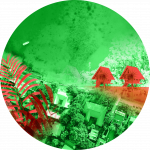
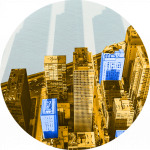
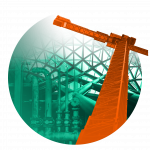
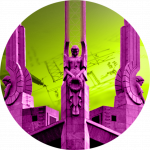
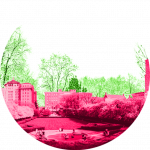
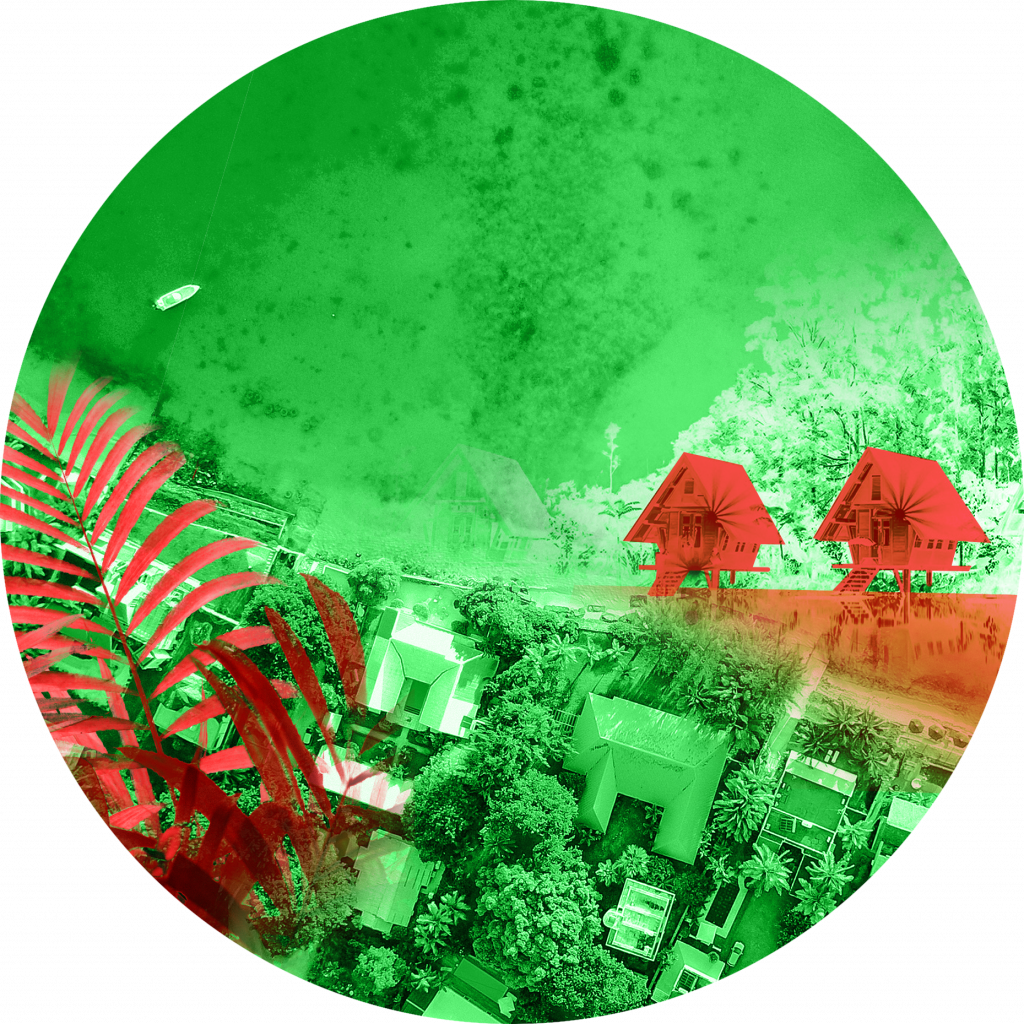
ENVIRONMENTAL LANDSCAPES
Encompassing various scales from site to the region, different spatial issues are dissected and studied under the lens of Landscape Architecture. Having both the characteristics of both the sciences and the arts, the discipline aims to develop a body of knowledge that is integrative, trans/inter-disciplinary, and dynamic, accommodating the emergence of new discourse concerning the relationship of people with their environment.
The Environmental Design studio laboratory is comprised of four fields of study. These include Ecological Landscape, Cultural Landscape, Urban Landscape, and the New Frontier.
Ecological Landscape – the landscape is seen as ecological unit/s that (is) comprise(d of) the different processes and systems of the environment.
Cultural Landscape – elaborates on the complex relationship of humans with the environment and studies the way they place both tangible and intangible values on the landscape.
Urban Landscape – analyzes the impact of human-dominated processes and how the “new landscapes” develop as the result of the dialogue between natural and human environments in the creation of design and built environments.
The New Frontier – looks at the emergence or the predictions/definitions of new environments as the idea of reality and the public extends beyond the limits of human perceptions. As the interface of technology becomes seamlessly integrated with the lifestyle of the people, the conceptualization of “real” changes and so does the landscape.
As the discipline enters an exciting stage of development of ideas, concepts, and designs, the Environmental Design Studio Laboratory offers opportunities to collaborate with its roster of faculty members to engage in research and extension that have impact on the landscape and the people.
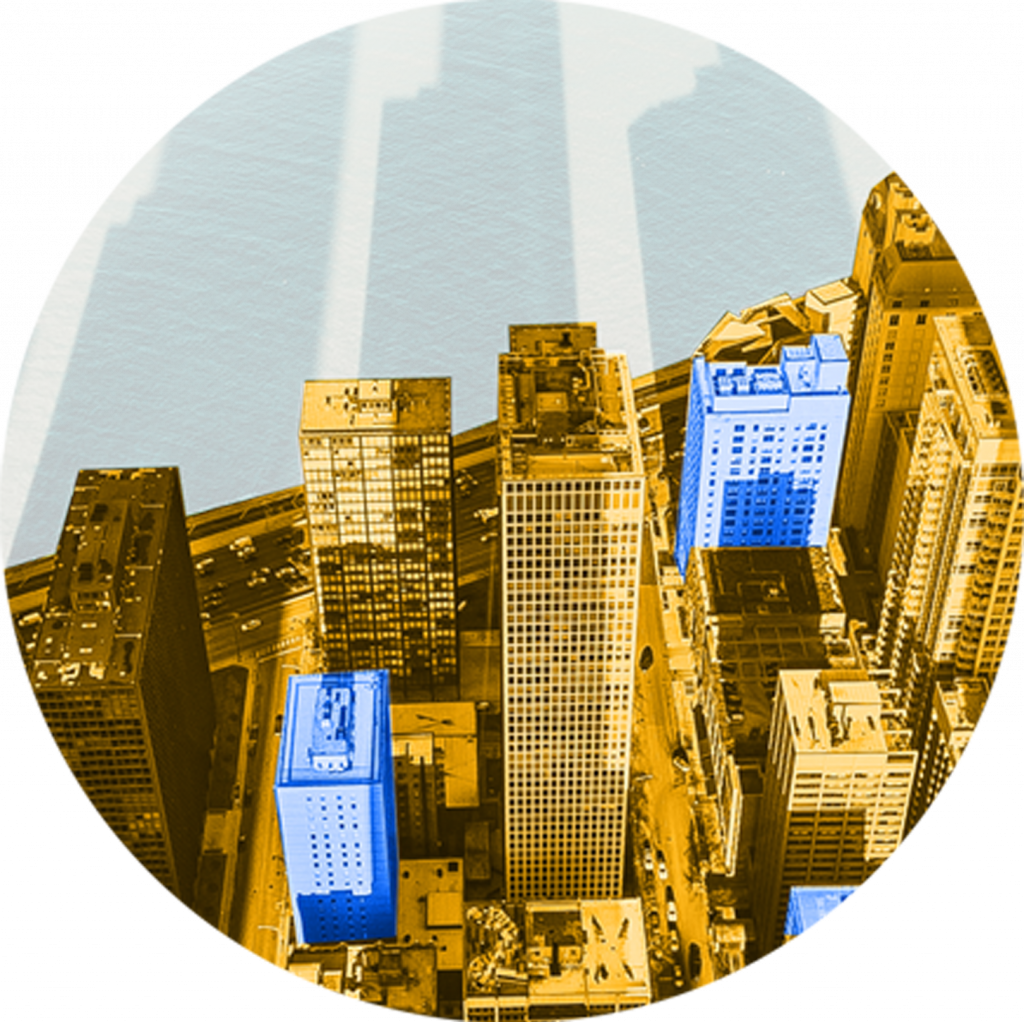
URBAN DESIGN
Situated between Architectural and Site Design and City Planning is Urban Design, which covers the public realm and its interface with the privately-owned spaces.
Urban spaces defined by streets, sidewalks, open spaces, building massing, building organization and orientation, sightlines, among others. These elements that make up the physical dimension of spaces bear on, and at the same time, are underlain by socio-cultural, economic, political issues.
Commonly besetting urban dwellers and urban space users are issues such as health, productivity, efficiency, mobility, peace and order and inequity, which may be understood in relation to the tangible and perceivable components of the city. They can, thus, also be addressed through design interventions.
Urban space management strategies anchored on principles of sound land allocation management, community participation, cross-sector analysis and others, account for implementable and sustainable designs.
The Urban Design courses, therefore, deal with spatial issues as manifestations of the dialectics between places and their multi-dimensional contexts.
Managing this research studio laboratory are faculty and staff who have had educational training in reputable institutions in the country and abroad. These studio lab members are also actively involved in extension activities and professional undertakings. This faculty profile will enable the students to engage with stakeholders such as local government units, communities and non-government organizations.
POSSIBLE RESEARCH TOPICS
- > Gentrification and Urban Morphology
- > Urban Coherence and Urban Property Values
- > Housing Design and Management
- > Disaster Resilient and Climate Adaptive Community Settings
- > Socially and Culturally Inclusive Public Spaces
- > Waterfront Development Guidelines
- > Urban Design in Conflict Areas
- > Smart Urban Spaces
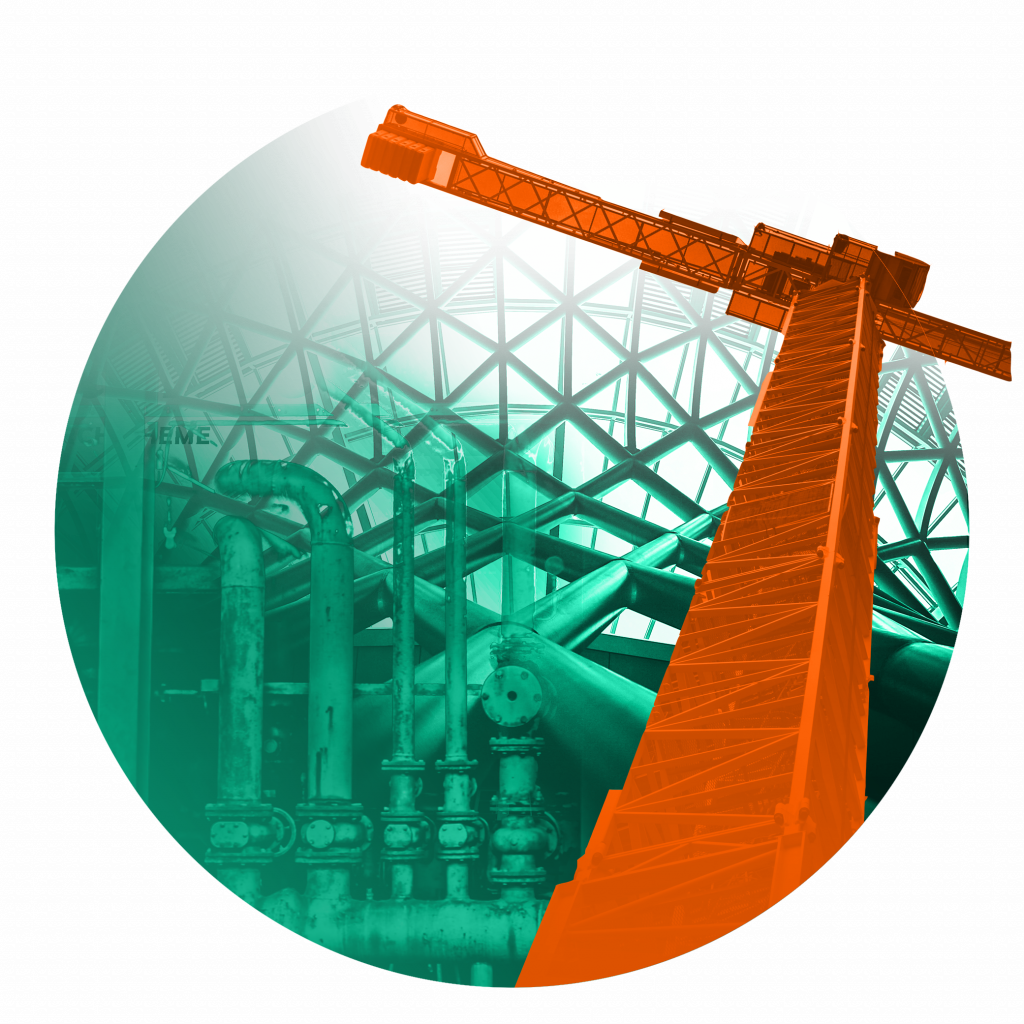
BUILDING SCIENCE
Building Science is the analysis of the technical aspects of buildings that relate to indoor thermal environment, acoustics and lighting, air quality, and building resource use, including energy and building material use. These areas are studied, analyzed and assessed in terms of science principles, relationship to building occupant health, comfort, and productivity, and how they can be controlled by the building envelope and electrical and mechanical systems. Recently, included within the scope of Building Science are the areas of building information modeling, building commissioning, fire protection engineering, seismic design and resilient design.
Building Science studies the physical phenomena affecting buildings, their occupants, and the way they interact and respond to each other.
The practical purpose of Building Science is to provide predictive means to optimize the building performance of new and existing buildings, understand or prevent building function failures, and guide the design of new techniques and technologies. Building Science gives life to a building to enhance, complement and support the relationship between the users and the building as Architecture. Building Science also endeavors to ensures the longevity of the building in the middle of change.
As a research theme in the College of Architecture IGP, Building Science current researches are in the fields of
- > acoustics,
- > lighting,
- > structural analysis, and
- > material properties.
The current faculty includes 3 PhDs (one in Physics, another in Civil Engineering and the third in Architecture Engineering). One more faculty member is obtaining a PhD by next year. The group also has several faculty members with Master’s degrees.
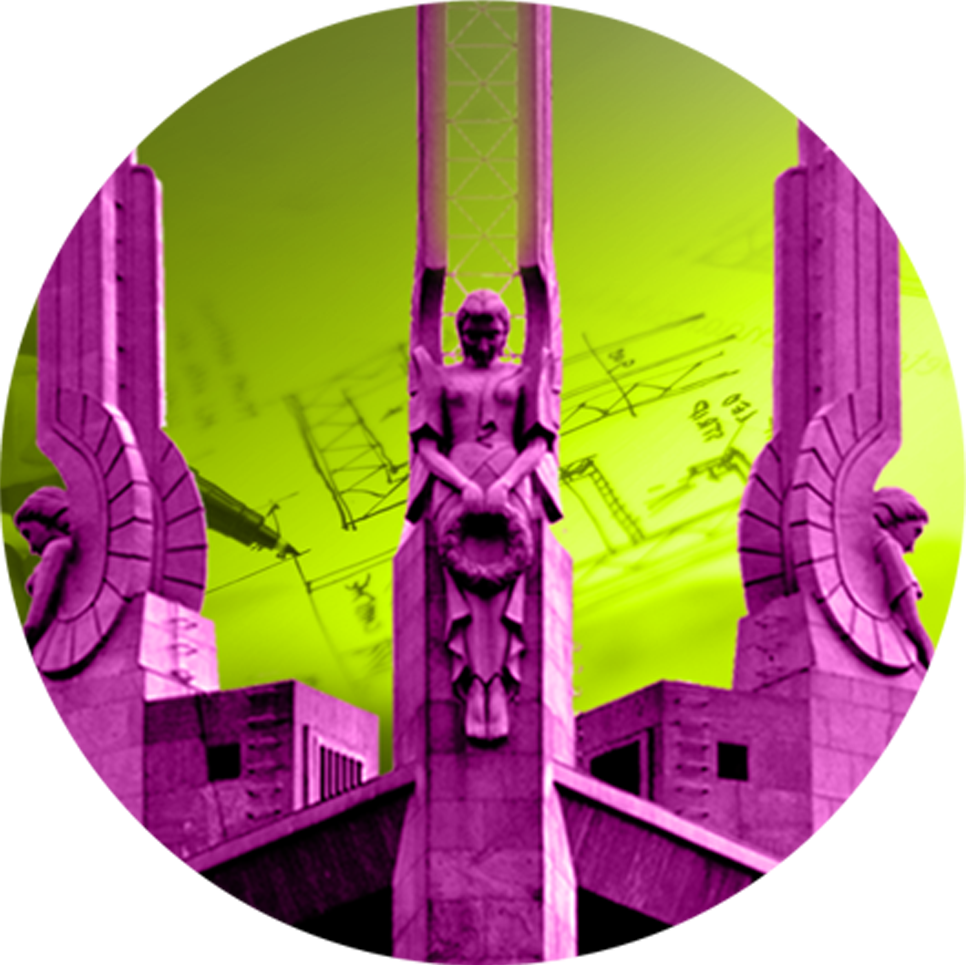
HISTORY, THEORY, AND CRITICISM
The History, Theory and Criticism (HTC) Studio Laboratory endeavors to generate pioneering scholarship and intellectual leaders in the field of architectural history, philosophy, theory, and conservation.
The courses in this specialization cover a myriad of topics that include:
- > Architectural Historiography
- > Discourse Analysis
- > Analytical Methodology
- > Critical Survey of Architectural History
- > Emerging Issues and Themes That Fuel the Current Philosophical and Inter-Disciplinary Debates
The heritage conservation courses under this domain locate the built heritage along the grids of its philosophical, political, and material contexts to produce methodological and management approaches in the conservation of historic sites and heritage places.
The HTC Studio Laboratory takes pride in its strong ties to and affiliation with peer institutions across the globe. Allied faculty members and research students explore the history of the designed and built environment, the changing critical stance towards the interpretation of architecture, and the geopolitical forces that configures the historicity of the built environment in terms of morphology, conservation, and erasure.
Through crafting interdisciplinary approaches, the Studio Laboratory aims to investigate the larger importance of societal fluctuations as they influence the built environment in the context of time and space.
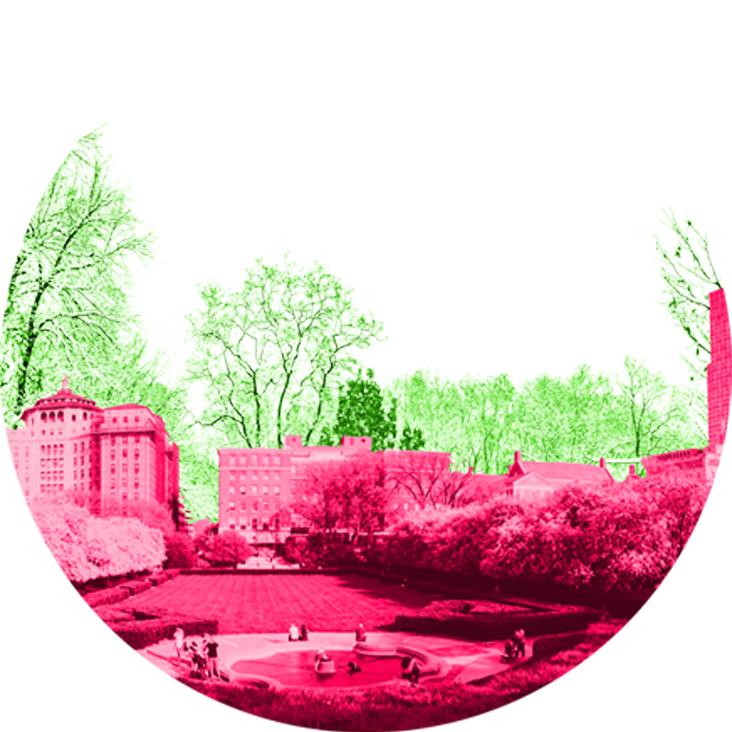
TROPICAL DESIGN
The Tropical Design research agenda aims to improve on and contextualize climate-responsive architecture.
Attention to tropical design in the Philippine context saw its heyday in the 1980s, as a response to the global energy crisis. With a renewed global focus on sustainability, the Integrated Graduate Program hopes to build on the gains of that the response to the energy crisis by encompassing sustainability issues.
Researches under Tropical Design (under the Environmental Architecture Studio Laboratory) will cover a wide range of issues that bear on how buildings can be made livable and sustainable in Philippine tropical conditions. The topics for investigation will cover:
- > Technological issues – building materials, components and systems;
- > Design issues – climatic performance and form-giving issues;
- > Social issues – thermal comfort, user perception of built environments, attitudes toward buildings.
All these topics may be applied from room to urban scale issues.
